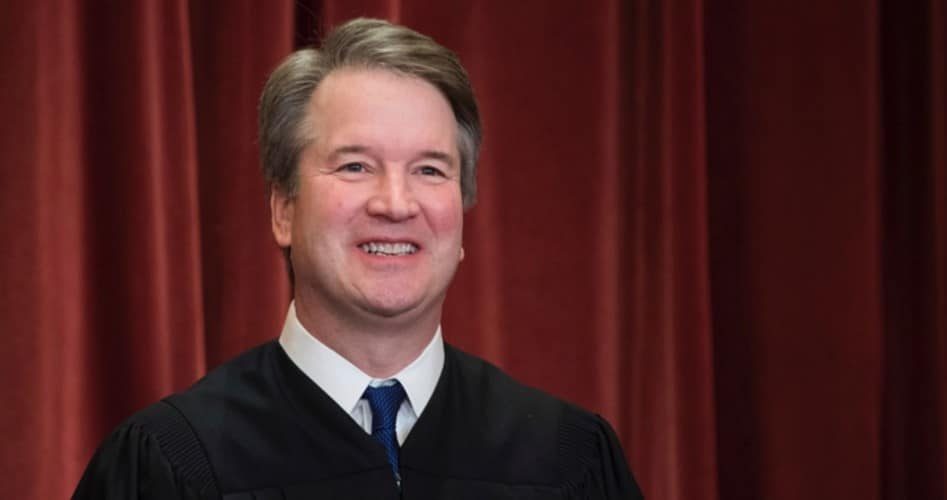
The U.S. Supreme Court has declined to consider an appeal from states seeking to terminate Medicaid contracts to Planned Parenthood, with President Trump’s newest justice, erstwhile conservative Brett Kavanaugh, siding with his liberal colleagues to keep the contracts in place.
The cases center around attempts by Kansas and Louisiana to block Medicaid monies from being used for non-abortion services provided by Planned Parenthood, which is also the nation’s largest abortion provider. The efforts to defund the abortion giant came as a result of the publication of undercover videos demonstrating that Planned Parenthood was selling body parts and tissue from aborted babies to companies allegedly involved in medical research.
A lower court had earlier ruled that denying the Medicaid funds to Planned Parenthood violates federal law, a decision the states were attempting to appeal to the High Court.
Kavanaugh joined Chief Justice John Roberts, along with Ruth Bader Ginsburg, Stephen Breyer, Sonia Sotomayor, and Elena Kagan in ruling not to hear the case.
Dissenting in that ruling were conservative justices Clarence Thomas, Samuel Alito, and Neil Gorsuch. Had Kavanaugh voted with the conservative block, the case would have moved forward in the High Court.
Writing for the dissenting minority, Thomas suggested that the majority’s decision to refuse the cases “has something to do with the fact that some respondents in these cases are named ‘Planned Parenthood.’ That makes the Court’s decision particularly troubling, as the question presented has nothing to do with abortion. It is true that these particular cases arose after several States alleged that Planned Parenthood affiliates had, among other things, engaged in ‘the illegal sale of fetal organs’ and ‘fraudulent billing practices,’ and thus removed Planned Parenthood as a state Medicaid provider.”
Thomas added, however, that “these cases are not about abortion rights. They are about private rights of action under the Medicaid Act. Resolving the question presented here would not even affect Planned Parenthood’s ability to challenge the States’ decisions; it concerns only the rights of individual Medicaid patients to bring their own suits.”
Planned Parenthood president Leana Wen expressed her pleasure in the court’s decision. “Every person has a fundamental right to health care,” she declared, “no matter who they are, where they live, or how much they earn.”
By contrast, Abby Johnson, a former Planned Parenthood clinic director who is now a pro-life leader, insisted that “states should have every right to divert funding away from the nation’s largest abortion provider and towards health centers that provide true healthcare to patients, not one that promotes abortion above all else.”
Johnson noted that despite Planned Parenthood’s insistence that its clinics are committed to the total health of women, in reality its non-abortion business has dropped off dramatically. Between 2009 and 2016, she observed, the number of breast cancer screenings done by the organization decreased by 61 percent. “Other cancer screenings have dropped by 64 percent during the same time,” she said. “And forget about prenatal services and adoption referrals. Those services are barely offered, if at all at some Planned Parenthoods.”
Catherine Glenn Foster of the pro-life group Americans United for Life said that while the High Court appeared to sidestep its responsibility in the cases at hand, “the good news is that there are other similar cases pending in lower courts, which may give the Supreme Court another opportunity to decide this important issue.” She added that pro-life groups “will continue to fight to protect states from being forced to use their limited public funds to subsidize abortion businesses.”
Photo: AP Images



